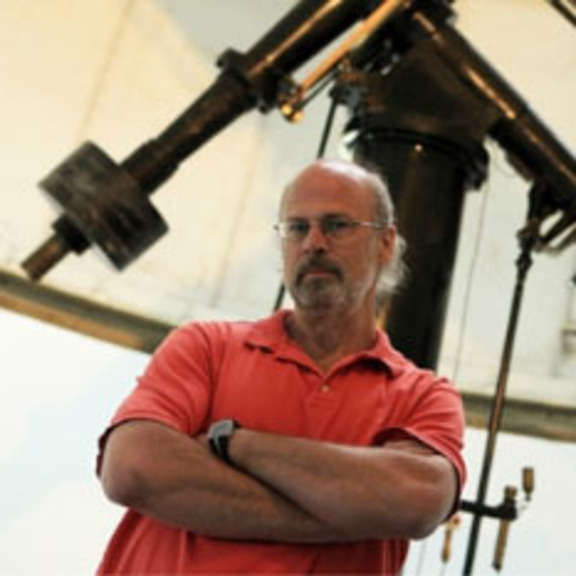
Paul Butler
Staff Scientist, Carnegie Institution for Science
Dr. R. Paul Butler of the Carnegie Institution of Washington in Washington, D.C., Department of Terrestrial Magnetism, and his colleagues are pioneers in the search for extrasolar planets. Butler, and his associate Dr. Geoffrey Marcy, developed the most sensitive and widely used planet-detection technique and have discovered most of the known planets, including the first multiple-planet system, the only planet thus far found to transit a host star and two sub-Saturn mass planets.
Butler was born in San Diego, California. He earned a bachelor's degree in physics and chemistry as well as a master's in physics from San Francisco State University. He received a doctorate in astronomy at the University of Maryland in 1993. In 2001, Butler was awarded the prestigious Henry Draper Medal from the National Academy of Sciences. Other recent honors include being named an American Astronomical Society Centennial Lecturer in 2000 and receiving the inaugural University of Maryland College of Physical Sciences Distinguished Alumnus Award in 2001.
Butler served as a research scientist at San Francisco State University and a visiting research fellow at the University of California, Berkeley, from 1993 to 1997. From 1997 through 1999 he was a staff astronomer at the Anglo-Australian Observatory in Australia, where he initiated the Anglo-Australian Planet Search. Butler's current work focuses on improving the sensitivity of the precision velocity planet search technique to detect smaller-mass and more-distant planets, and on expanding the ongoing planet survey to all 2,000 nearby Sun-like stars out to 150 light-years.
Biographical information courtesy JPL. Photo credit: Carnegie Institution for Science.


 Explore Worlds
Explore Worlds Find Life
Find Life Defend Earth
Defend Earth

